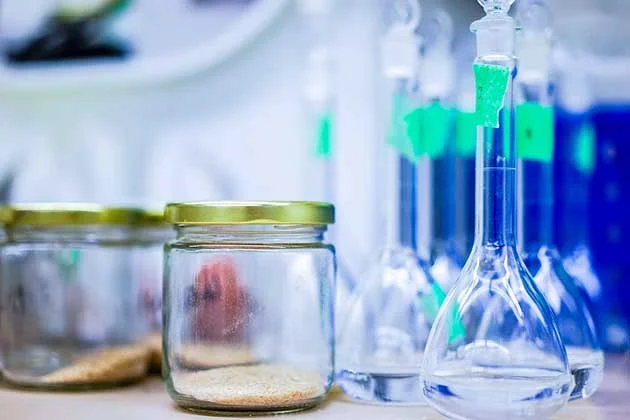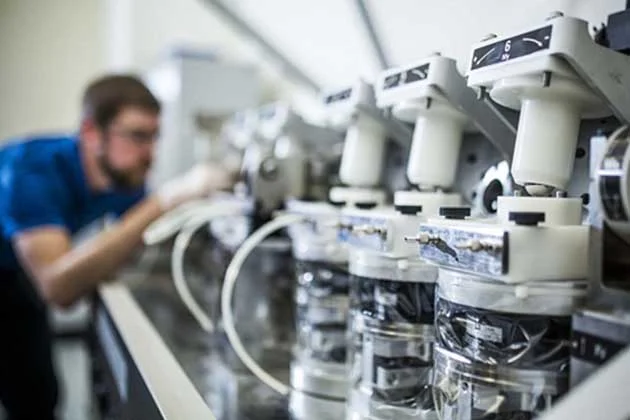Medical professionals are required to comply with many standards in order to provide the best care for their patients. These standards include compliance and validation, which are two different but related concepts. Compliance is ensuring that all policies, procedures, and regulations are being followed by doctors and nurses alike. Validation is testing a device or process to ensure it works as intended. The medical industry has strict requirements for both of these types of validation because patient safety depends on them! Read this article to find out why these processes are necessary for the medical industry.
1) Packaging and Labeling
The first area of compliance and validation has to do with the labeling and packaging of products. Many companies that produce medical and pharmaceutical devices, including medical diagnostic equipment and life support systems, have a team of people that evaluate packaging and labeling on a regular basis. These professionals include pharmaceutical validation engineer, packaging specialists, and quality engineers. This team ensures that all products are packaged according to FDA standards, which are crucial for the safety of patients. It is vital for pharmaceutical manufacturers to comply with these standards because they have a significant impact on patient health!
2) Documentation Compliance
The second area of compliance and validation has to do with documentation. There are many different guidelines to follow when it comes to medical documentation, including federal regulations for handling patient records, electronic health record systems, medical devices, billing practices for third-party payers, and coding practices designated by medical insurance providers. It is crucial for medical professionals to adhere to these standards in order to ensure that patient well-being is not compromised. Fortunately, there are many compliance institutes and associations available for help, which provide education on best practices regarding documentation standards.
3) Medical Device Validation
The third area of compliance and validation has to do with medical devices. The FDA regulates medical devices, which are used to diagnose a disease or treat injuries. These devices have many potential uses, so it is important for them to be tested prior to being released on the market to ensure they do not pose any risks when in use. Medical device validation ensures that these products work as intended, so their safety profiles are safe for use. With that being said, it is important to ensure that medical professionals follow the appropriate guidelines when using these products. The FDA has a website dedicated to providing users with information about how to properly use devices and understand product labels.
4) Computer Systems Validation
Computer systems are important in the medical industry, as they have a significant impact on patient well-being. Computer systems are being used more frequently in medical offices, so it is crucial that these devices are validated before being implemented. This process requires input from system engineers, software developers, information technology managers, documentation specialists, QA professionals, technical writers, and regulatory affairs personnel. These professionals work together to ensure that all computer systems are compliant with FDA standards before they are implemented.
5) Process Validation
This type of validation demonstrates that a device or process will produce the intended outcome. A new drug must undergo this test before it is approved by the FDA for use in clinical trials. There are specific requirements to follow when conducting process validation, which includes approval from an ethical review board and documentation of tests used to determine that the product’s manufacturing process meets these standards. It is crucial that this process is validated before any products are sold on the market to ensure patient safety.
6) Analytical Method Validation
As the name suggests, analytic method validation demonstrates that a specific analytical method can accurately produce results. This process has strict guidelines like those of other types of validity testing within the medical industry, which require an unbiased team to conduct experiments and collect data. It is crucial for this process to be validated before any products are released on the market because it ensures that the results produced are accurate. Every drug must go through this process before it is made available for sale.
Why Are These Processes Important?
Compliance and validation go hand-in-hand in the medical industry. In fact, if a company is lacking compliance standards, it cannot validate its products or services. This means that these important processes are required for maintaining safety within the field of medicine, so it is imperative to follow them on a regular basis. Besides that, these processes help companies to remain competitive in the medical industry as well as maintain a positive reputation.
What If Requirements Are Not Met?
If a company lacks any of the above compliance and validation standards, it cannot enter the medical industry as a supplier. In addition to this, if companies fail to meet compliance and validation standards, they can be heavily fined by regulatory agencies like the FDA. The release of unsafe products on the market could result in massive money loss through lawsuits, so it is important to remain compliant and follow all safety requirements on an ongoing basis. For example, the failure to follow the aforementioned standards could result in a patient’s death due to medical devices malfunctioning. If this happens, the manufacturer is responsible for all fines that are levied against them, as well as any damage is done to their reputation.
Validation and compliance are important in all sorts of industries such as the medical industry, food industry, aerospace industry, automotive industry, etc. This is because they are all involved with life-critical equipment. In the case of the medical industry, these processes are important because if a company fails to validate its products or services, it cannot be compliant with FDA standards for safety purposes. It’s also about maintaining a positive reputation as these processes help companies remain competitive in this field of work. Compliance and validation are crucial for product manufacturing, equipment and device operations, document and record-keeping, and all other business processes. If a healthcare provider’s equipment malfunctions, they can be held liable as well as pay heavy fines for any damages done as a result of medical devices malfunctioning. This is why it’s important that healthcare providers follow these processes to ensure patient safety and well-being during all activities in the medical industry.











